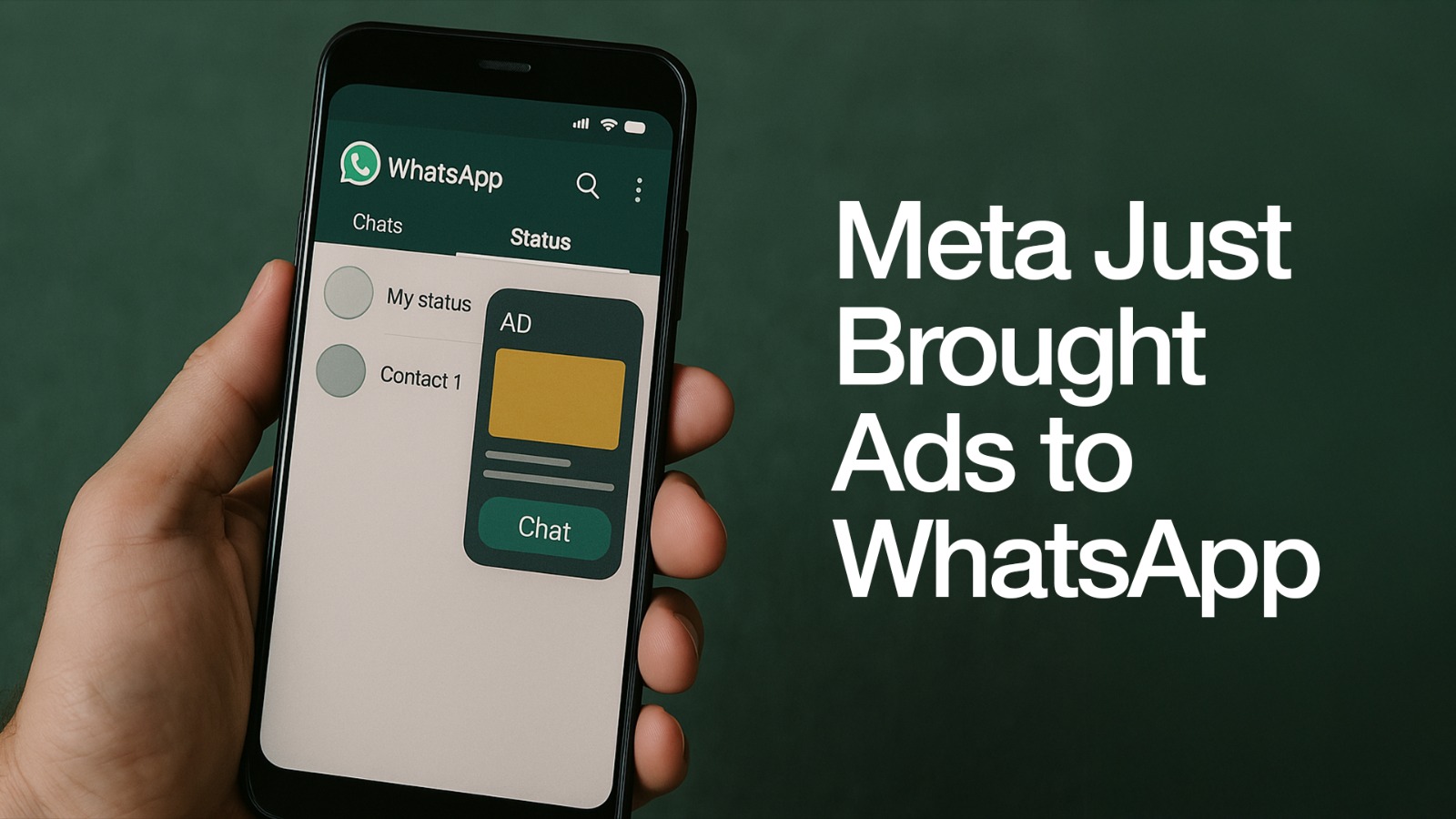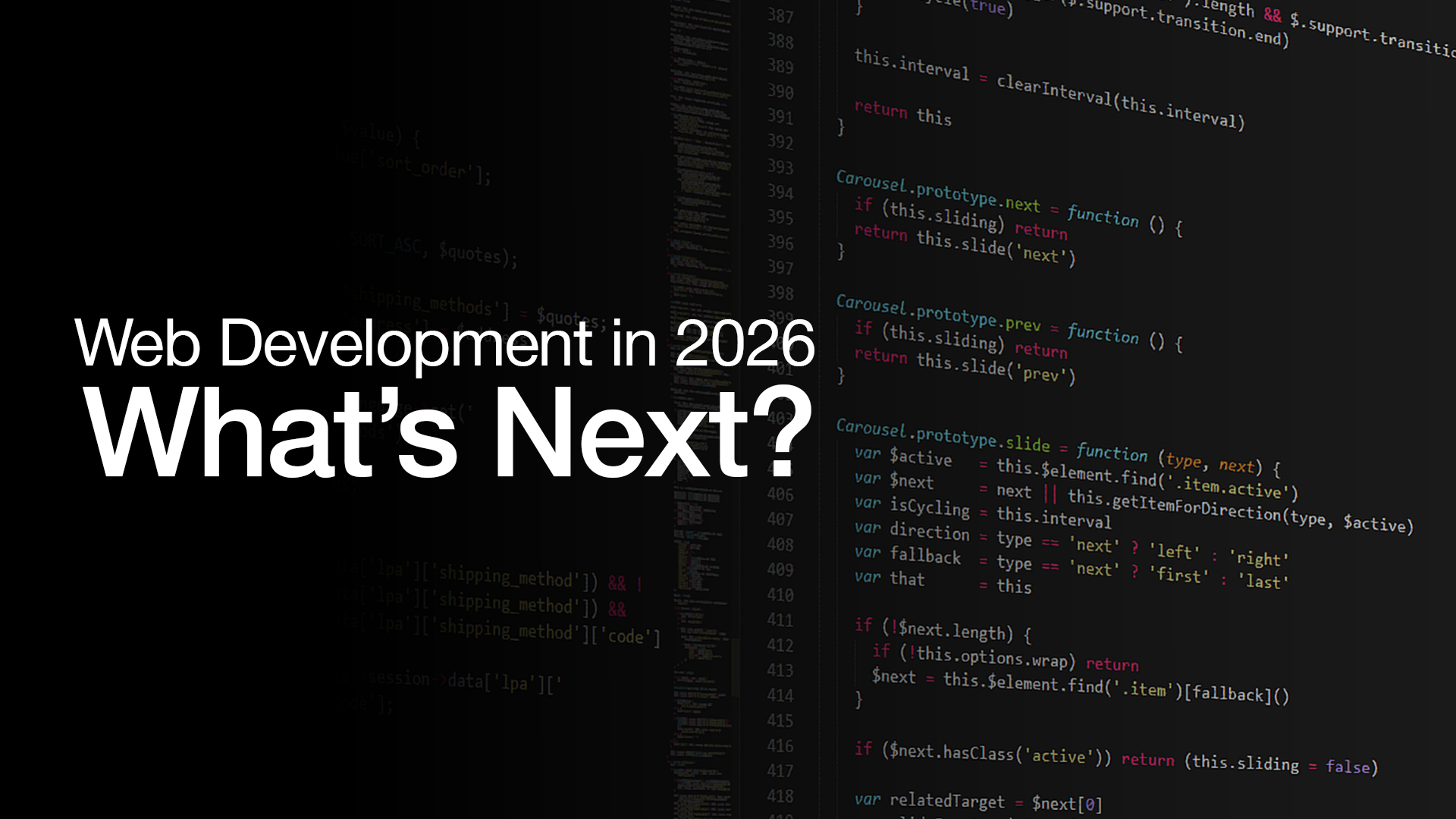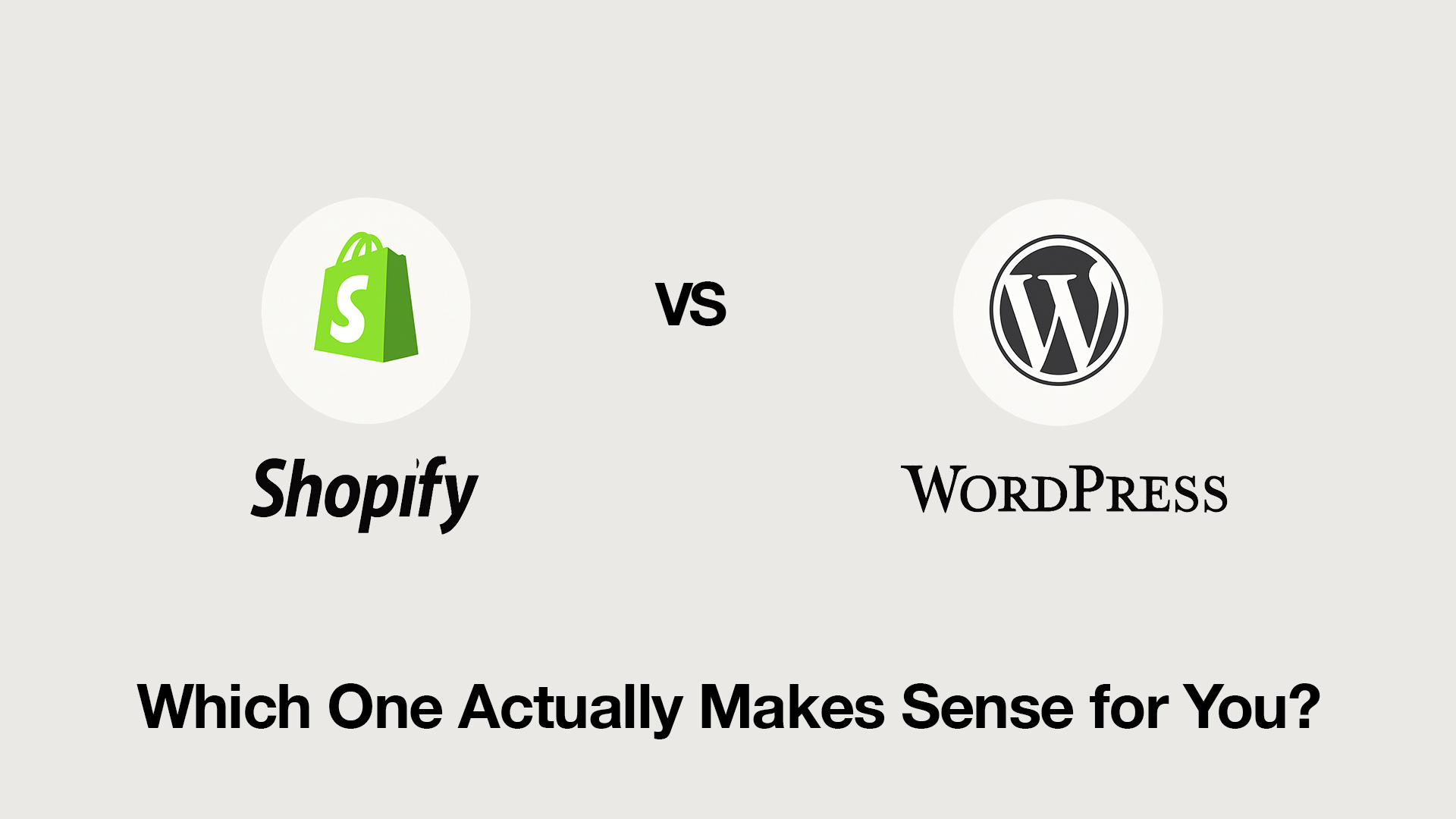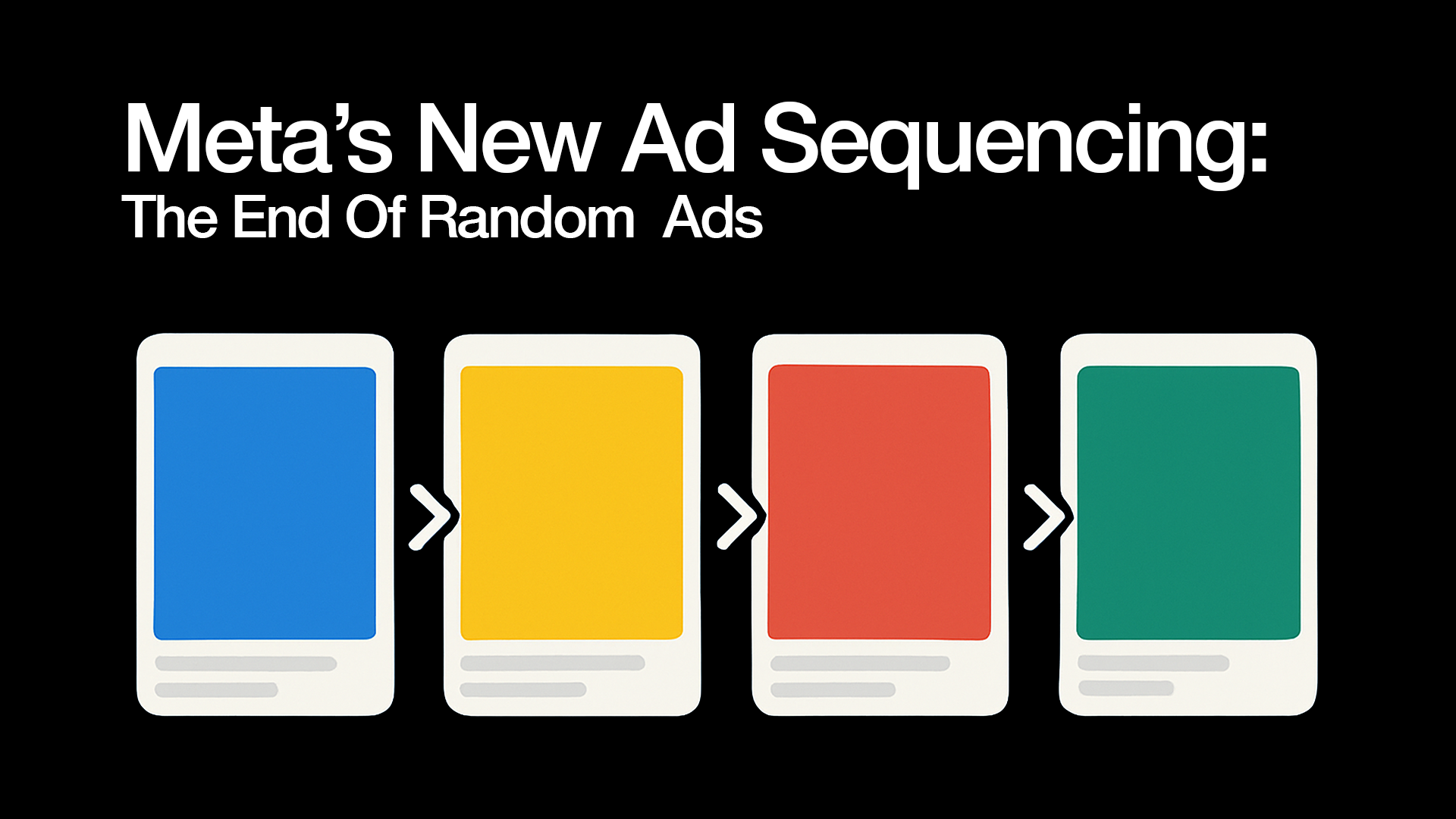For years, WhatsApp has been the one corner of the internet that still felt human. Personal. A place where you talk to people you actually know, not a feed, not a marketplace, not an ad machine.
So when WhatsApp starts showing ads inside the Status tab, it is natural to ask:
Is this the beginning of the end of WhatsApp’s privacy-first promise?
Before jumping to conclusions, here is a clear breakdown of what the update is, what it means, and why Meta is suddenly paying so much attention to your Status tab.
What’s the New Update?
Meta is rolling out WhatsApp Status Ads, which appear in the Updates tab between regular status posts. They look exactly like the usual WhatsApp Status format:
-
Full screen
-
Vertical image or short video
-
Disappear in 24 hours
Here is the twist:
You can tap the ad and instantly start a chat with the seller.
For businesses, this creates an immediate sales channel. For users, it is convenient and slightly alarming at the same time.
What Sellers Can Do Now
-
Display ads inside WhatsApp Status
-
Allow viewers to tap and open a chat instantly
-
Target by location, age, or language
-
Run ads through WhatsApp Business with Instagram Stories placement
-
Track performance through Meta Ads Manager
What Customers Can Do Now
-
See a product, tap, and chat instantly
-
Skip websites and forms
-
Ask questions, negotiate, confirm availability, and make decisions inside WhatsApp
Shopping is now as simple as starting a conversation.
But Here Come the Concerns…
Even though ads are not inside your chats, they are inside WhatsApp, and that alone makes many users uneasy. Some common worries include:
-
Trust shifting as ads enter a previously private space
-
The Updates tab becoming cluttered
-
Ads expanding further in the future if Meta sees strong revenue
-
WhatsApp slowly losing its original identity
How Meta Is Trying to Calm Everyone Down
Meta is stressing a few clear points:
-
Chats remain end-to-end encrypted
-
Ads cannot read or use your message content
-
Advertisers do not receive your phone number
-
Only basic signals like location, age, and language are used
They are also keeping ads out of personal chats. That is a line they know they cannot cross without significant backlash.
Why Is Meta Doing This?
The answer is simple. WhatsApp is enormous, but it barely generates advertising revenue.
1. Monetisation
WhatsApp has billions of users and almost no ads. This change opens a major new revenue stream.
2. Balance
By placing ads only inside the Updates tab, Meta avoids turning WhatsApp into a scrolling feed like Facebook or Instagram.
3. Business Growth
Click-to-chat ads convert extremely well. They turn curiosity into a direct conversation with almost no friction.
4. Discovery Inside WhatsApp
Meta is slowly building an ecosystem inside the app with:
-
Promoted channels
-
Paid subscriptions
-
Status ads
-
Click-to-chat experiences
WhatsApp is evolving from a messaging tool into a mix of communication and commerce.
So Should You Be Worried?
It depends on how you use WhatsApp.
If you are a regular WhatsApp user:
-
You will start seeing a few promoted statuses
-
No need to panic
-
It is worth watching how the ad load grows
-
If it becomes overwhelming, you can move your most private conversations to another app
If you are a business owner:
This update is a major opportunity.
-
Click-to-chat ads convert better than many other formats
-
Targeting by location, age, and language is efficient
-
People feel more comfortable chatting than filling out forms
-
The path from interest to interaction is instant
If your business relies on conversations, this might become one of your strongest tools.
This update does not end WhatsApp’s privacy. At least not yet.
But it does change the identity of WhatsApp. It is no longer just a private messaging app. It is becoming a place where you discover businesses, browse content, and start conversations that may lead to purchases.
Meta has to handle this shift carefully. If ads stay minimal, users will adapt. If Meta becomes too aggressive, WhatsApp risks losing the trust that made it special in the first place.






